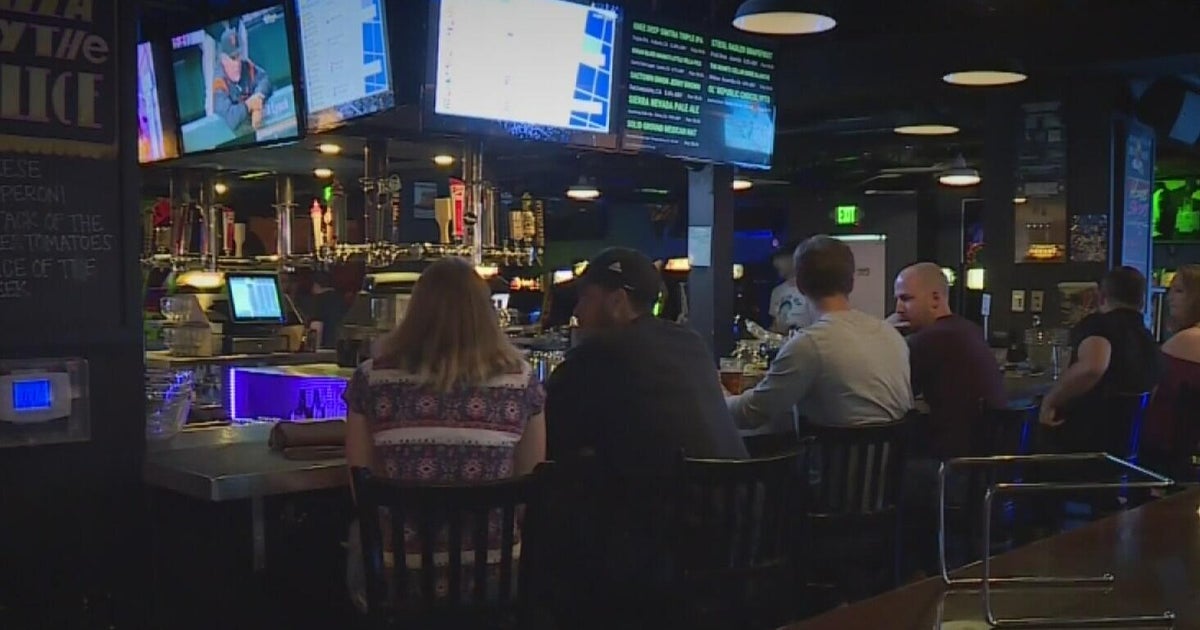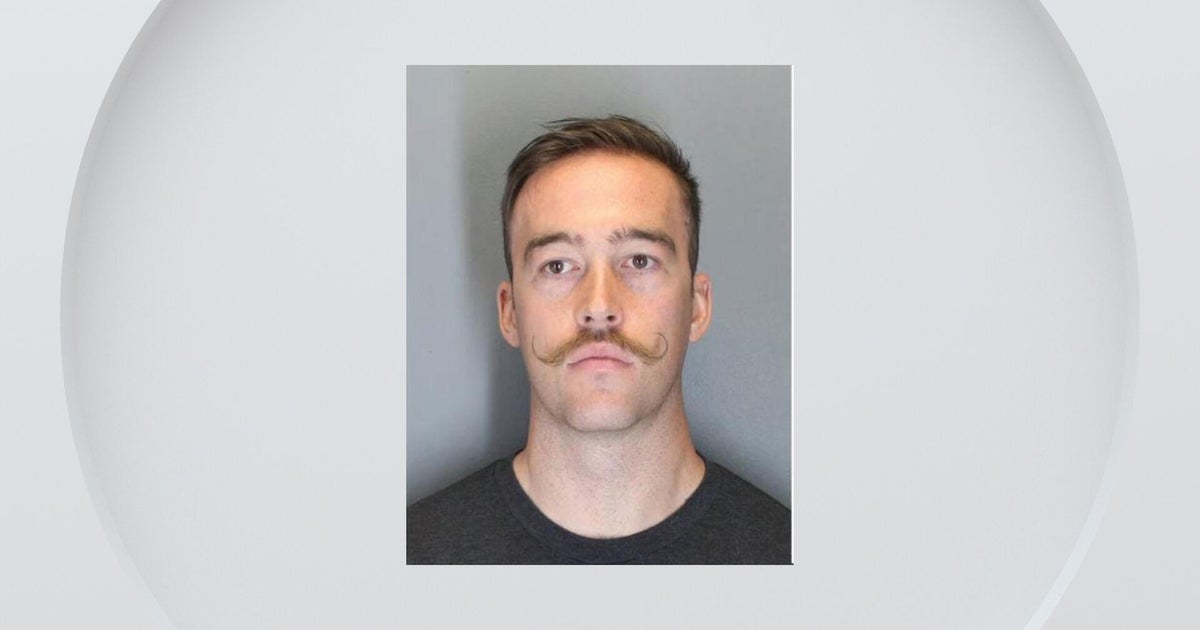Scott Signs Bills Making Child Abuse Reporting Everyone's Job
TALLAHASSEE (CBSMiami/NSF)- Gov. Rick Scott on Friday signed off on a group of bills he said will expand protections for victims of sexual and domestic violence while bolstering penalties for educational institutions and law enforcement agencies that look the other way.
"While Florida has a 40-year low crime rate, we must continue to protect the rights of individuals affected by crime," said Scott in a statement. "This critical legislation I have signed into law shows the valuable steps Florida has made in protecting the rights of victims."
In all, Scott signed four bills into law, including a measure (HB 1355) prompted by the arrest last fall of Penn State coach Jerry Sandusky on child abuse charges.
The bill provides $1.5 million for the relocation of sexual violence victims and increases penalties for those involved in the prostitution of children and bolsters penalties for unreported crimes. Universities and colleges could face $1 million fines if known or suspected abuse on campus or at school-sponsored functions goes unreported.
The bill also authorizes funding for 47 additional staffers at the Department of Children and Families. The agency plans to roll out a web-based reporting tool to ease the anticipated spike in calls with the new law.
"We're hoping that most of the caregivers, like the school teachers and law enforcement, will start reporting there," said DCF Sec. David Wilkins. "And that'll offset some of the hotline call volume."
Hotline calls increased by 10 to 12 percent last year, Wilkins added, in the wake of the Nubia Barahona murder and the Sandusky scandal. He also said a rise in substance abuse cases was a factor, particularly in Central Florida.
Scott's move drew a chorus of praise from sponsors and beneficiaries.
Rep. Chris Dorworth, R-Lake Mary and the House sponsor, called HB 1355 "the most comprehensive child abuse reporting law in the nation."
Sen. Lizbeth Benacquisto, R-Wellington and the Senate sponsor, evoked the Sandusky revelations, in which a revered coach was accused of multiple sexual assaults on minors.
"Recent high profile cases serve as stark reminders that we must continue our work to protect the most innocent among us," she said in a statement.
Jennifer Dritt, Florida Council Against Sexual Violence director, said rape victims will no longer having to put off relocation because financial considerations keep them from moving from the home in which they were assaulted, or to which their assailant has access.
"We regularly hear from advocates that rape victims need the same access to this crimes compensation program that victims of domestic violence have," Dritt said. "For eligible survivors, this program will speed their recovery from a terrible trauma."
Scott also signed:
- Florida Evidence Codes (HB 701), which provides exceptions to the hearsay rule to allow victim statements made outside the courtroom (such as to a 911 operator, law enforcement dispatcher or rape crisis counselor) to be used as evidence in court.
- Stalking (HB 1099), which expands protections for victims of stalking. The new law makes it easier for victims to get an injunction . It requires the courts to consider issuing an injunction for a longer period of time and expands the definition of a threat to include those made through electronic means.
- Public Records Protections for Victims of Violence (HB 1193), which expands the protection of public record access of any personal contact information that may be used the Clerk of the Court to notify victims of domestic violence, repeat violence, sexual violence and dating violence. It also ensures that the personal information of victims of domestic or sexual violence is protected in court proceedings.







